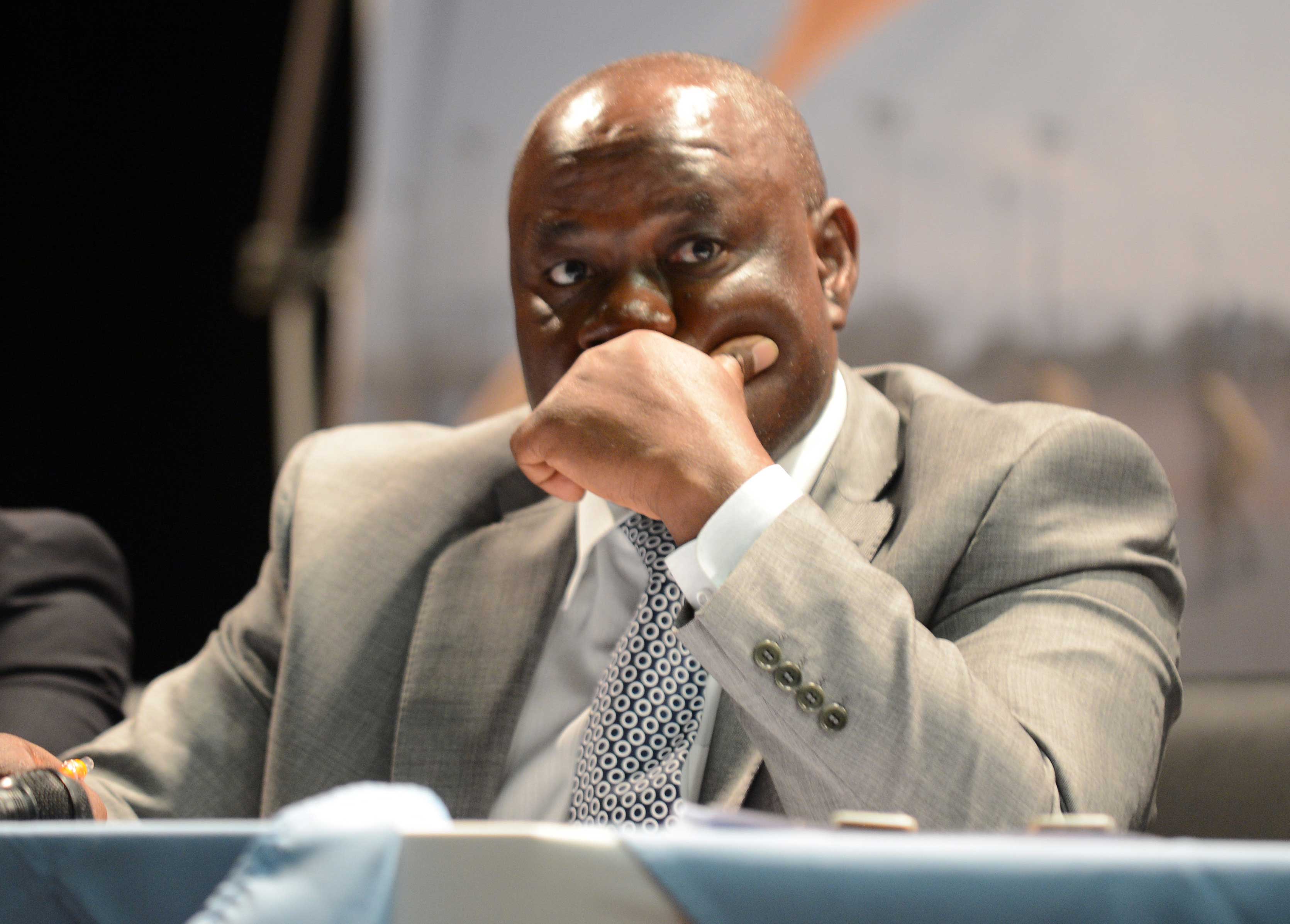Botswana will not integrate Namibian refugees
LETLHOGILE MPUANG
Minister of Defence, Justice and Security Shaw Kgathi has ruled out any chances of Botswana integrating Namibian refugees at Dukwi refugee camp. In fact, he says the refugees’ time in Botswana has lapsed and they must return home.
Botswana has been home to more than 2000 Namibian refugees who fled their country due to political unrest for over 20 years now. However, in 2015 the Government of Botswana declared a secession clause, meaning that the group is no longer considered refugees status but as illegal immigrants. Last year, the Botswana government gave them a deadline of May 11 to July 11 to register for voluntarily repatriation to Namibia, but the refugees still remain hesitant to go back home citing that their situation is still unresolved.
Last week a former Commissioner for Refugees in the Ministry of Home Affairs and Immigration in Nambia and now Director of Southern Africa Refugee Protection (SARP), a non-governmental organisation responsible for the social, legal and health protection of refugees and asylum seekers, Nkrumah Mushelenga called for the integration of Namibian refugees in Botswana if they feel they do not want to return to Namibia.
He said that the African Union (AU) 1969 convention governing the specific aspects of refugee problems in Africa and the 1951 United Nations’ refugee convention make provision for voluntary repatriation of refugees.
“The conventions, both of which Namibia and Botswana are signatory to, make provision for the voluntary repatriation of refugees, their resettlement or their local integration,” Mushelenga was quoted by Namibian media.
“This means that if refugees feel they will not be safe in their country of origin they may not be forced to return. The refugees’ host country is required to seek other countries that may be interested in hosting these people if they do not want to return home. The Namibian Government cannot force the refugees to return to Namibia and neither can the Government of Botswana.”
The former refugees commissioner further said that integrating Namibian refugees will also be good for peace between the two countries and also for international relations.
“Angola is democratic. We (Namibia) had to integrate the Angolan refugees who felt they did not want to go back home and we were internationally recognised for that,” he concluded.
Responding to Mushelenga’s sentiments Minister Kgathi dismissed all possibilties of the Namibian refugees ever being granted local citizenship.
“It is impossible, they must return home. They keep claiming that they cannot go home because it is dangerous and unsafe for them, which we say is not true. We say this because we have done our assesment on the situation in Namibia, not just us but also with the help of the UNHRC (United Nations Human Rights Council),” Kgathi told The Botswana Gazette.
“We have triggered the secession clause and their time as refugees elapsed last year, so presently they are not refugees but illegal immigrants. Another reason why we want them to go back home is that they are now pushing a different agenda compared to what we intially accepted them as refugees for. They are fighting for land with the Namibian government and Botswana will not be dragged into that,” concluded the Minister.
For his part the Spokesperson for the Namibian refugees Felix Kakula said they have no wishes of becoming Botswana citizens.
“Caprivians in Botswana have no thought yet to ask for local integration in Botswana; we don’t foresee it in future because doing that will be committing political suicide. And it will be a betrayal to more than four hundred heads we have laid down in Dukwi in Botswana who were aspiring for total freedom of the Caprivi Strip; it will also be a betrayal to those who are in the Namibian prison and those who were poisoned and died there, it will also be a betrayal to the intimidated and silenced Caprivians in the Caprivi Strip today who desire to see Caprivi being free from oppression,” reads Kakula’s response.




